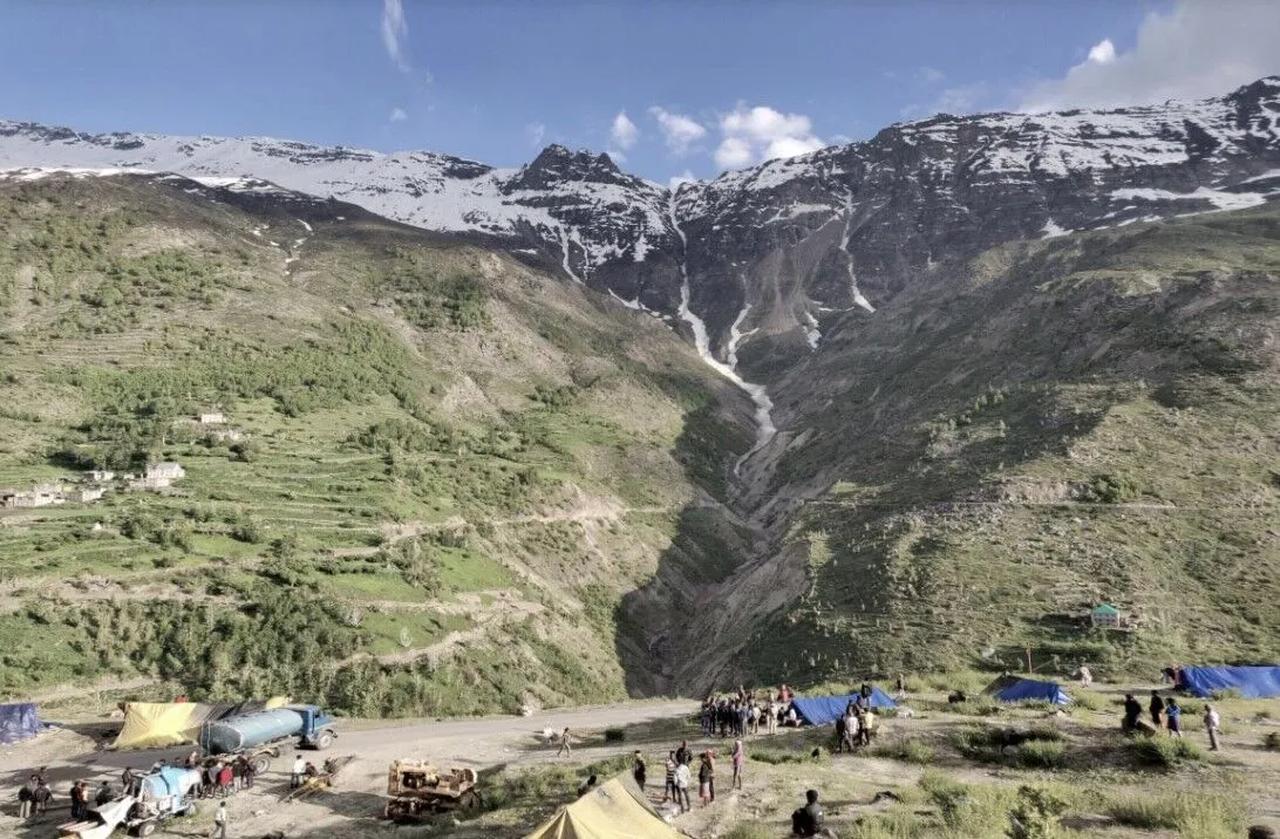
Amid increasingly strained Türkiye–India business relations, escalated by Ankara’s vocal support for Pakistan in international forums, local protests have erupted in India’s Himachal Pradesh state against the involvement of Turkish engineering firm Yuksel Proje in a high-altitude railway project.
Demonstrations in the mountain towns of Manali and Kullu are focused on halting the company’s ongoing field studies for the Bilaspur–Manali–Leh railway line, a major infrastructure project near the India–China border.
Yuksel Proje, one of Türkiye’s largest engineering, design, consultancy, and supervision service providers, is currently carrying out studies for nine separate projects in India. Among them is the Bilaspur–Manali–Leh railway, considered one of the country’s most strategic transportation initiatives.

The route will pass through Jammu & Kashmir and Himachal Pradesh, covering 489 kilometers under harsh climatic and geographical conditions, including low oxygen levels, steep terrain, and difficult access. The Manali–Leh segment alone is expected to contain 62 tunnels and more than 100 bridges and viaducts.
Residents and tourism sector representatives in Manali gathered at a local hotel on Friday to demand the suspension of the company’s field research, arguing that allowing a foreign firm to conduct surveys in a sensitive border region poses a potential threat to India’s national security.
Local representatives asserted that public anger over the project is increasing and that there is significant resistance to the company’s activities. They called on the authorities to intervene without delay and to suspend the studies on security grounds.

Representatives also voiced similar concerns, stating that the survey contract had been given to a Turkish firm known for its ties with Pakistan and repeated statements opposing India’s position on Kashmir.
They argued that assigning strategic terrain mapping to a foreign company from what he described as a hostile country weakens national security, particularly in a region as sensitive as Himachal–Ladakh.
India’s stance towards Turkish businesses operating within its borders has become more rigid in response to repeated expressions of support for Pakistan by Türkiye, particularly in the context of the recent conflict that began on May 7 and lasted until May 10.
This shift has been reflected in mounting commercial pressure and what observers describe as an unofficial boycott atmosphere targeting Turkish firms active in strategic sectors.
Recently, Celebi Aviation, a major Turkish aviation services provider, has faced contract terminations in several regions, including airports in Delhi, Mumbai, and Ahmedabad.
The company’s local subsidiaries were operating under concession agreements that were unilaterally cancelled by Indian authorities. The revocations followed the cancellation of security clearances by the respective airport authorities, which cited national security grounds.
On Thursday, the Indian Civil Aviation Ministry officially overturned the security clearance of Celebi’s local unit, Celebi Airport Services India, citing “the interest of national security.” In response, the company filed a petition with the Delhi High Court on May 16, 2025, challenging the cancellation.
According to a Reuters-sourced report, Celebi argued that the decision was made without concrete evidence or explanation and that the term “national security interests” lacked sufficient justification.
Separately, Air India has reportedly urged Indian authorities to block a leasing arrangement between its competitor, IndiGo, and Turkish Airlines.
The request, according to media reports, was based on claims that the deal could pose business risks and potential security concerns, citing Türkiye’s perceived support for Pakistan as a point of contention.